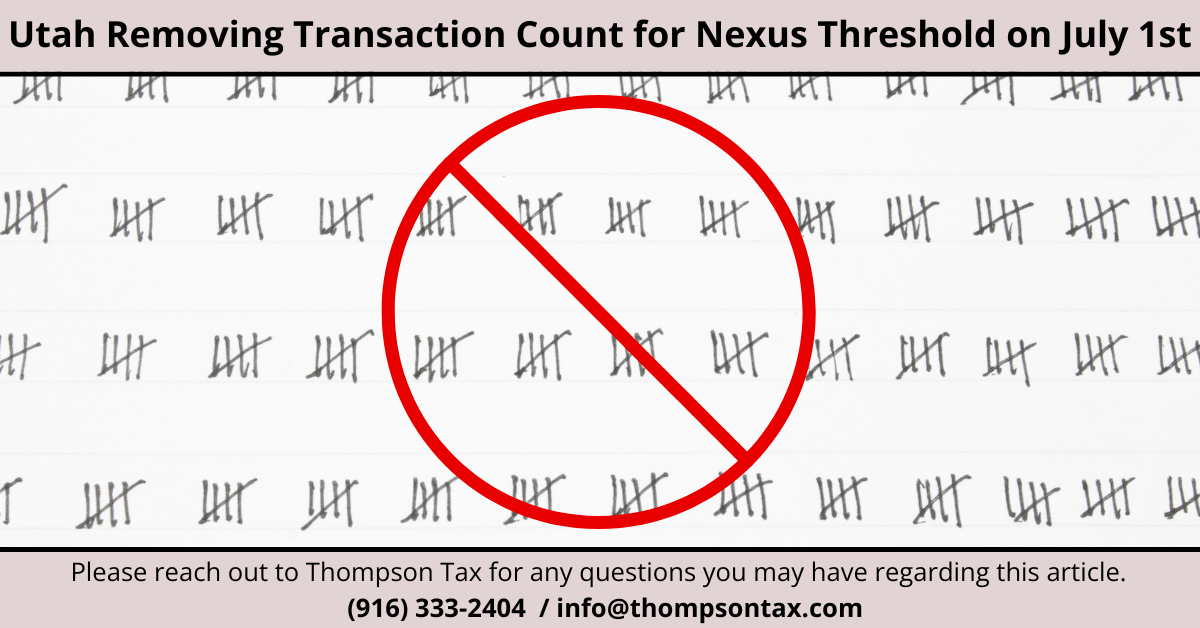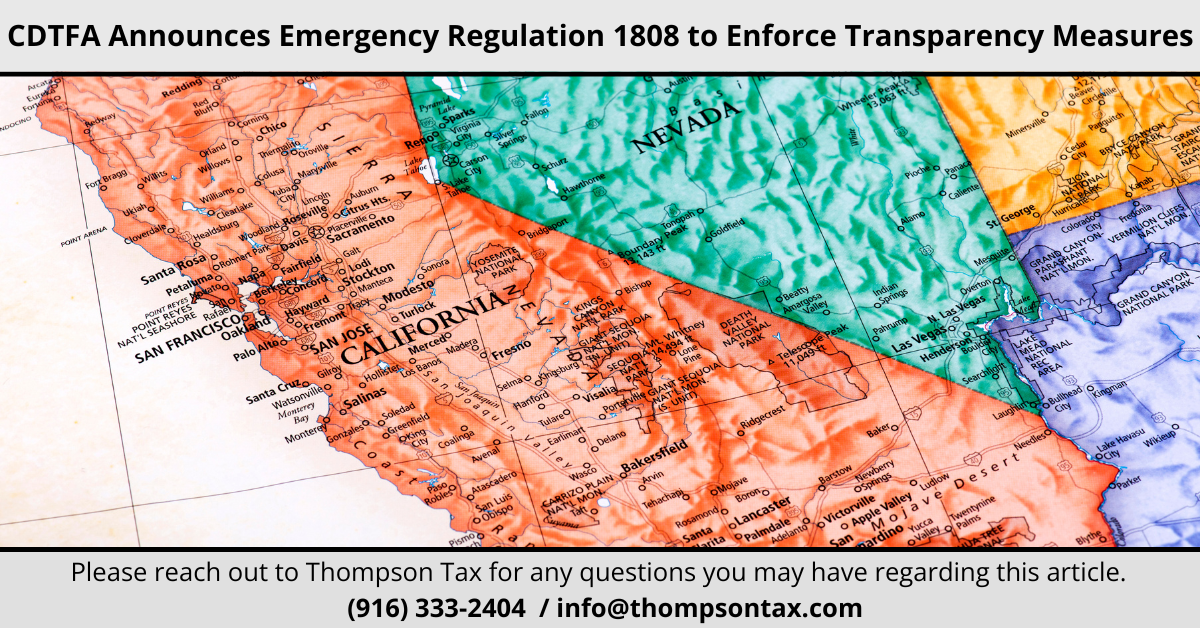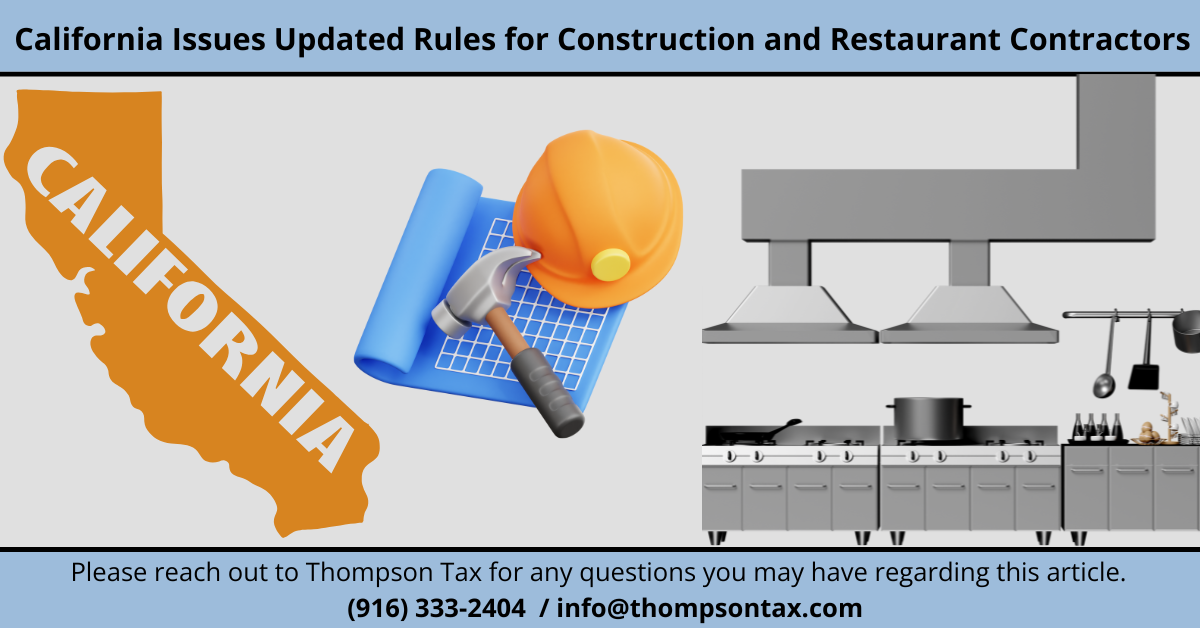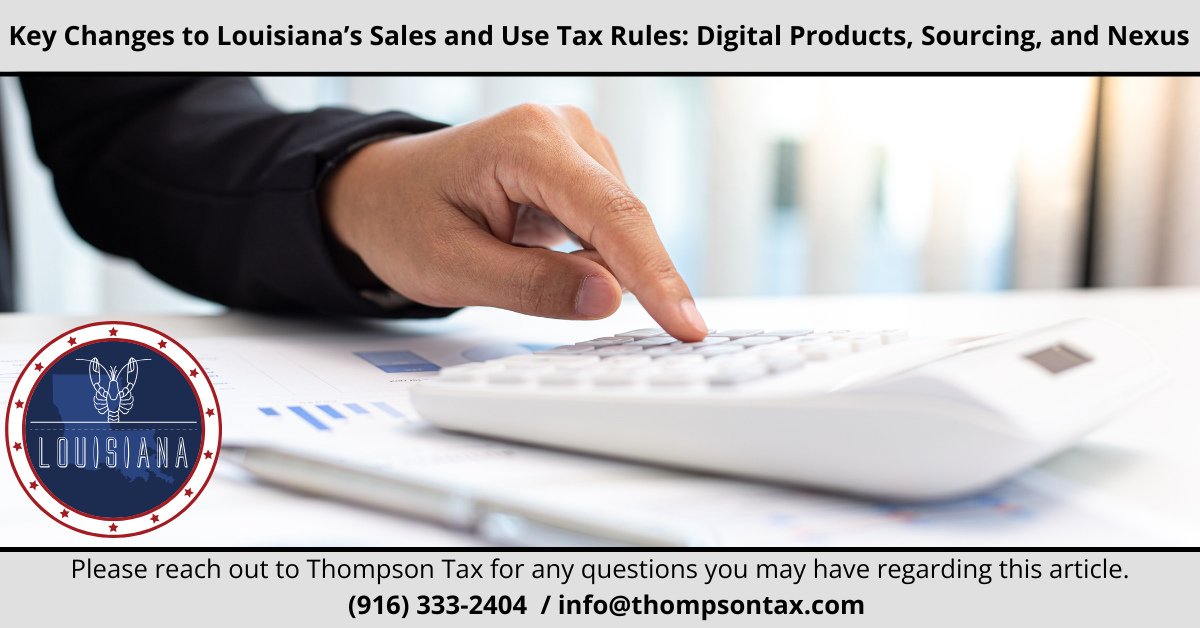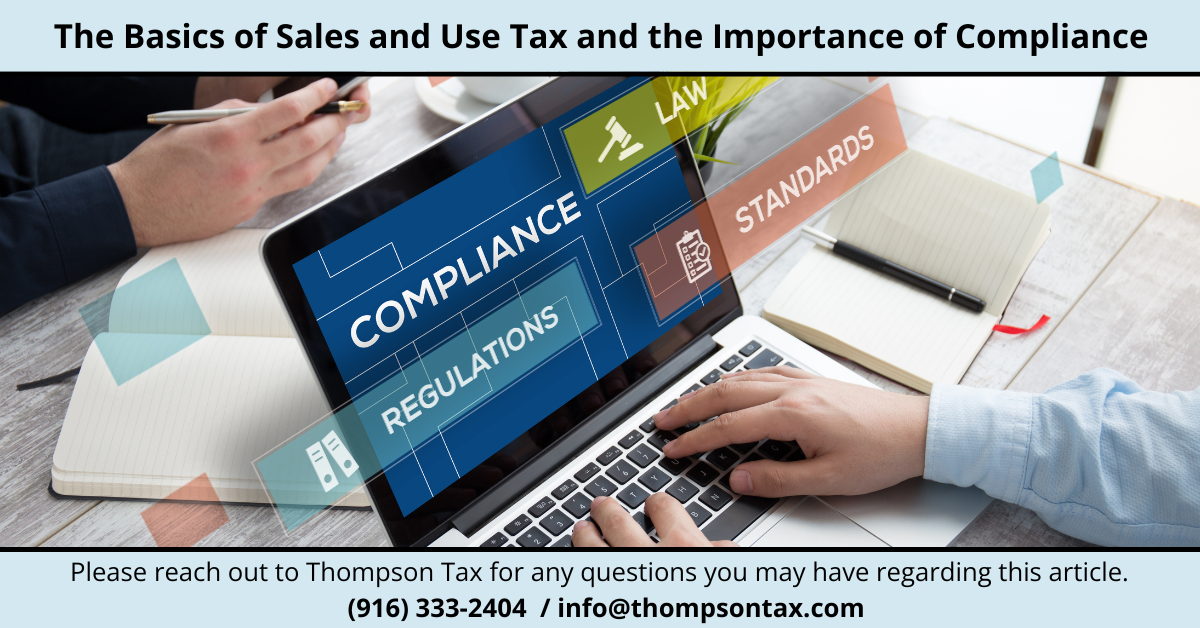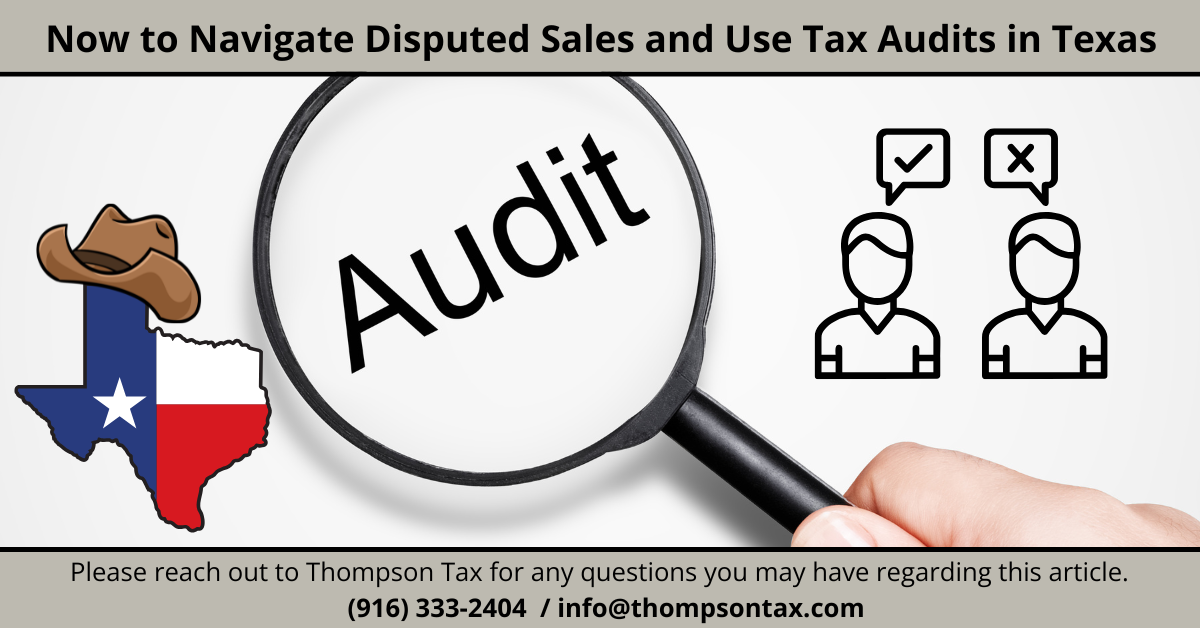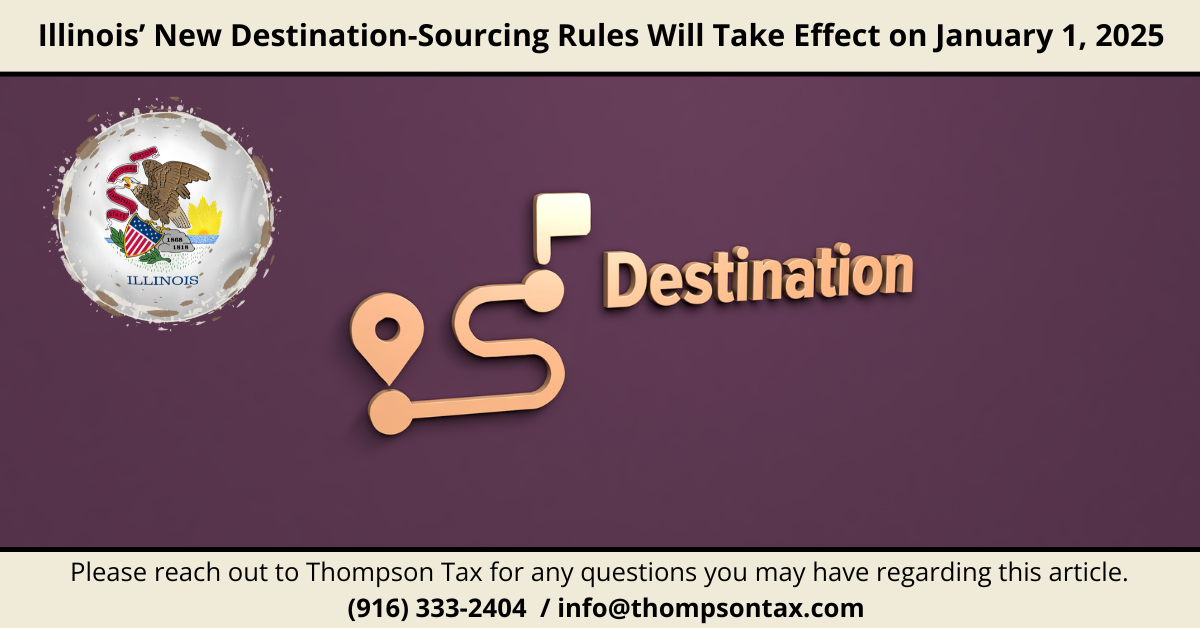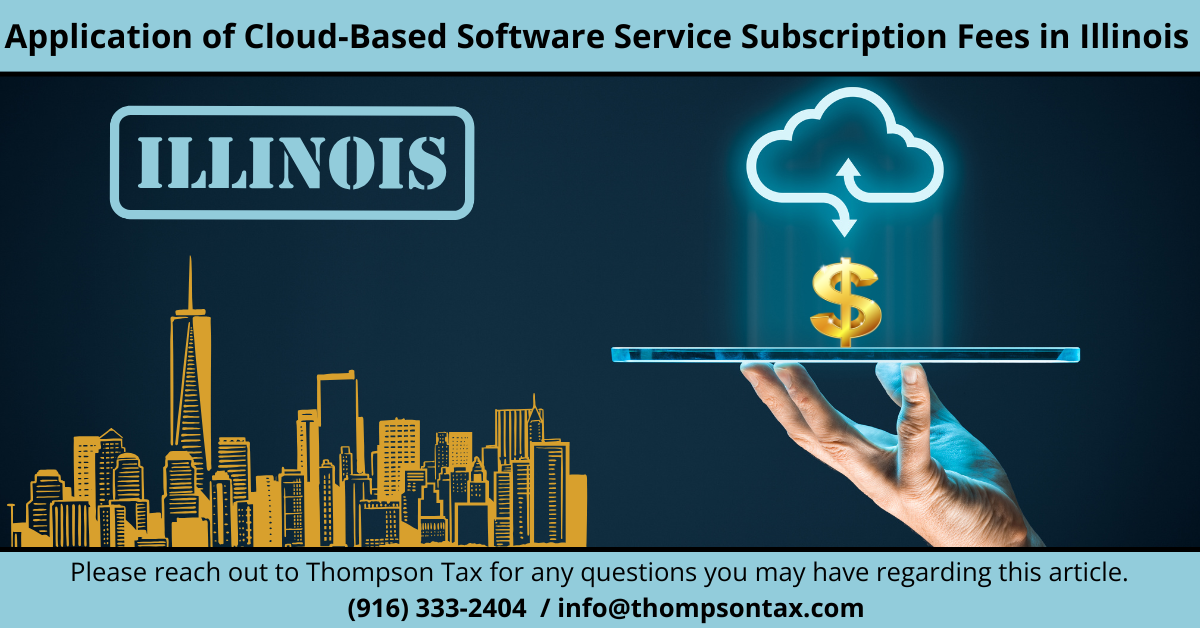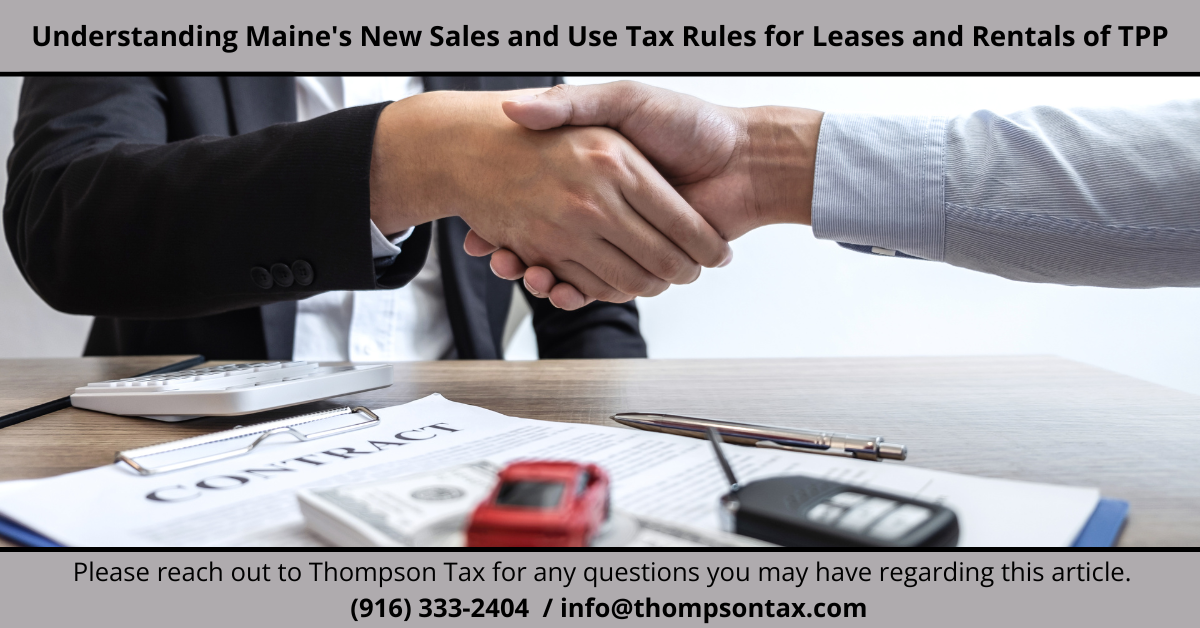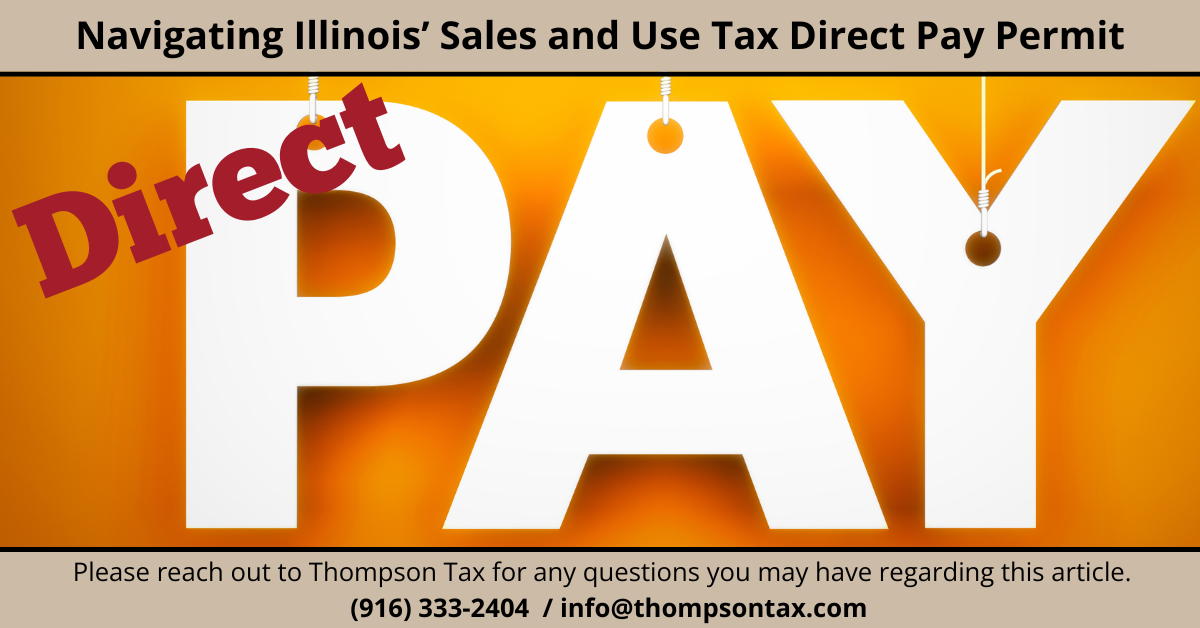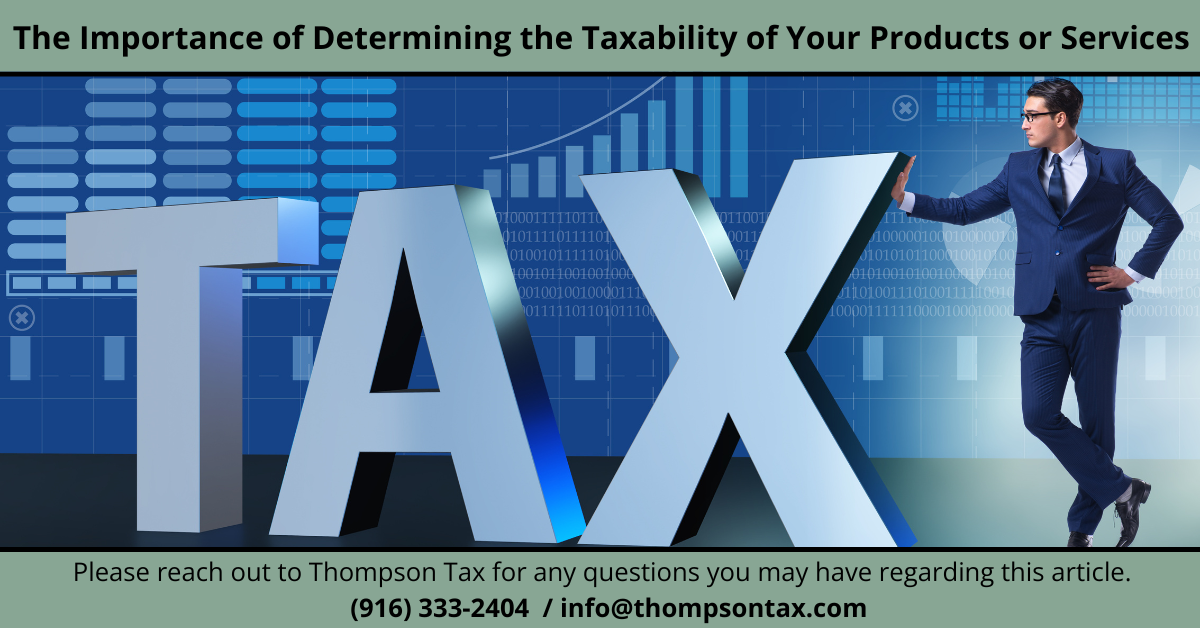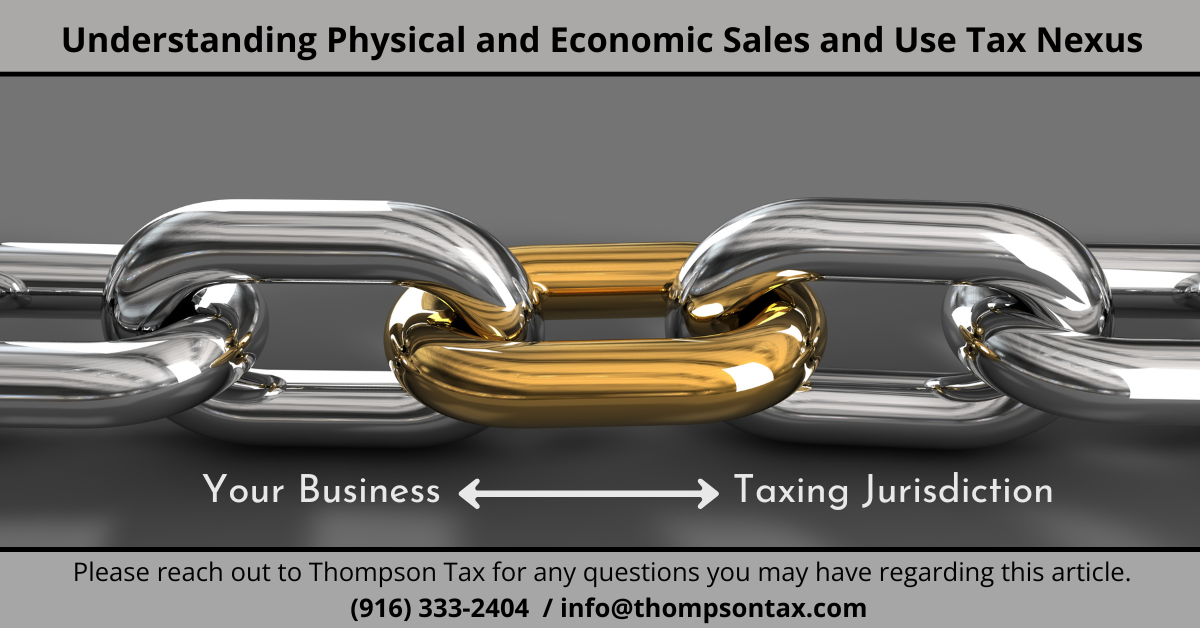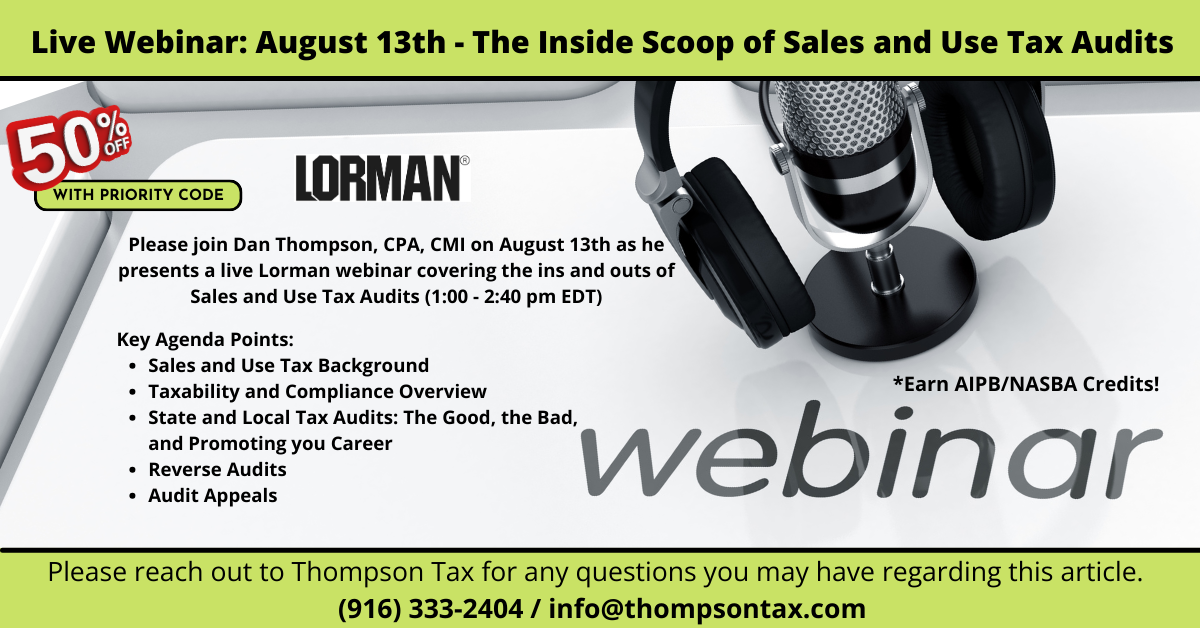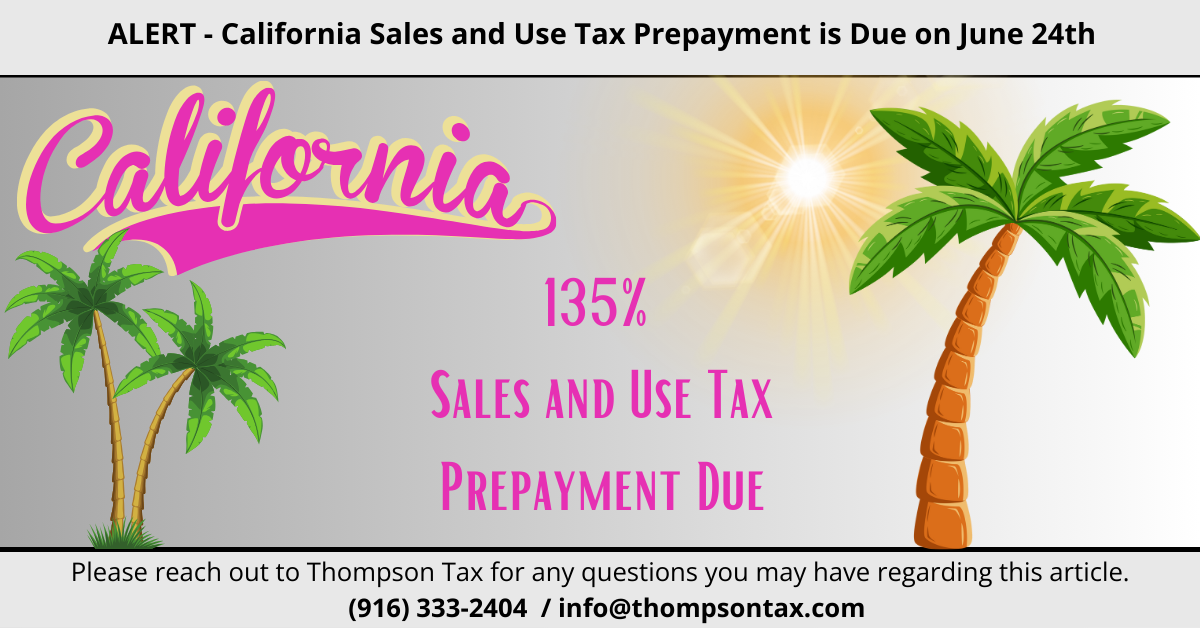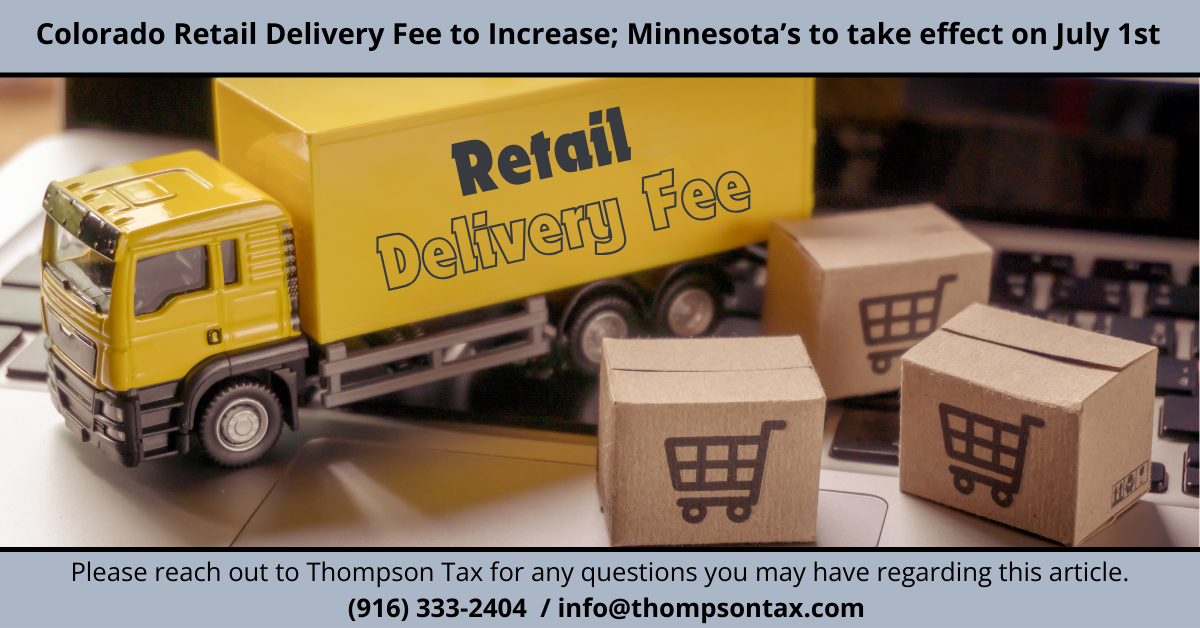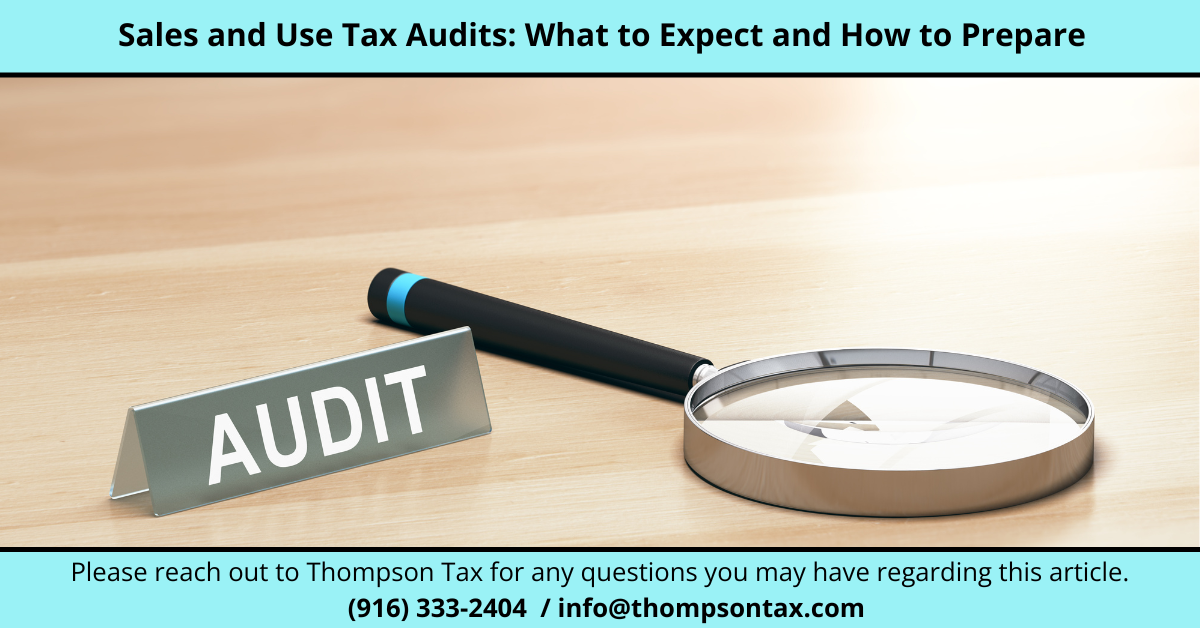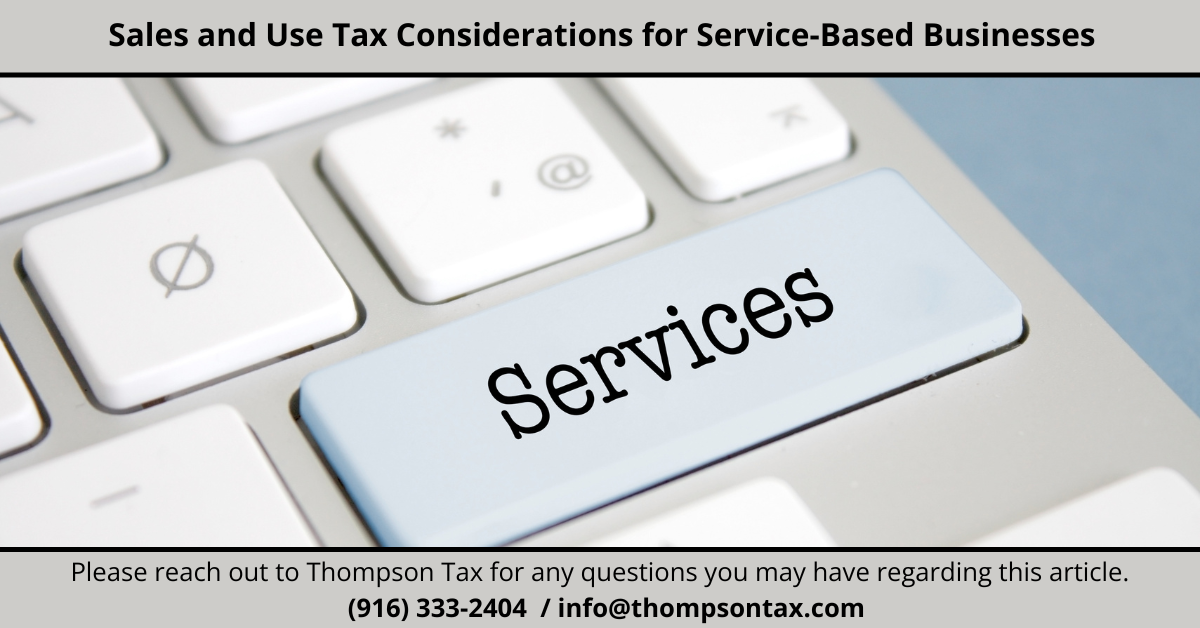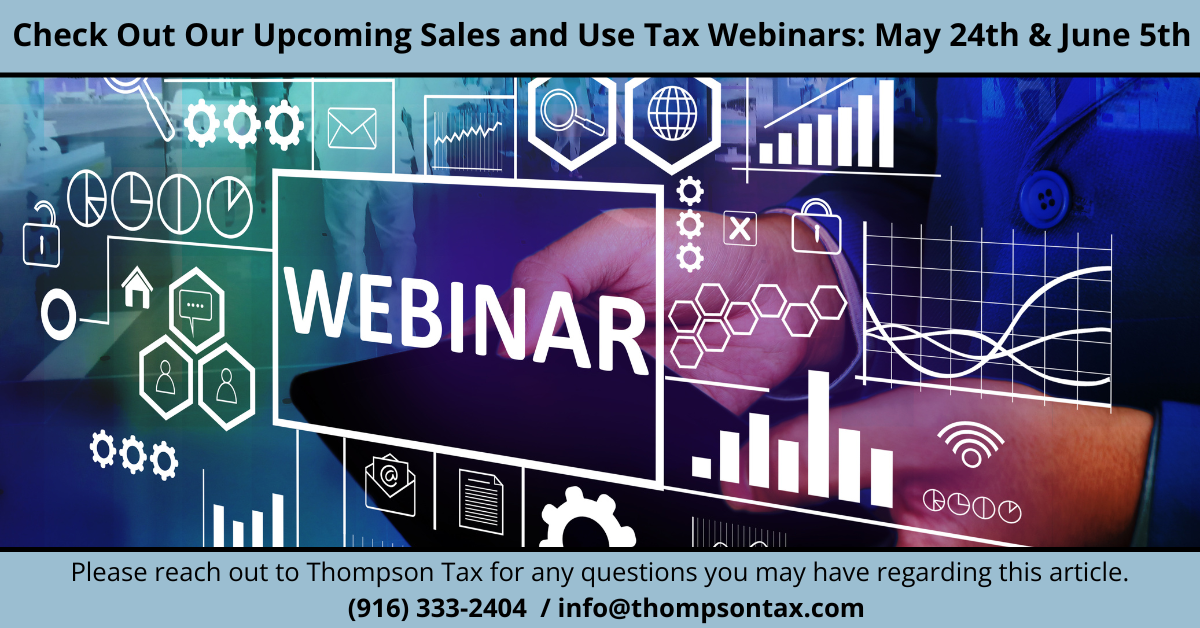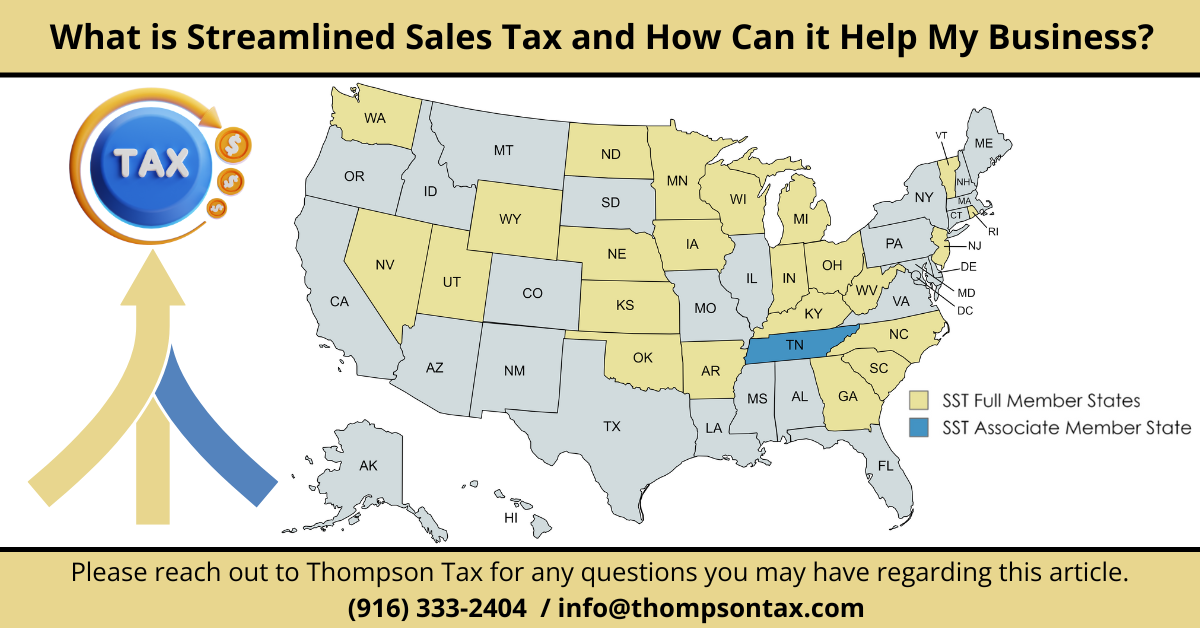As the Illinois business landscape continues to evolve, so do the tax regulations that govern it. With the introduction of P.A. 103-592, effective January 1, 2025, a significant change occurred: businesses that lease or rent tangible personal property will now be classified as retailers and subject to Illinois’ Sales and Use Tax laws.
Who Needs to Pay Attention?
If your business involves leasing or renting tangible personal property, this change directly impacts you. The law targets “all persons who, in the ordinary course of business, lease or rent tangible personal property,” meaning not only large retailers but also smaller enterprises and individual proprietors will be affected. Understanding what constitutes a lease under this new definition is essential to effectively navigating the upcoming tax requirements.
Defining a Lease
According to the new regulations, a “lease” is defined broadly. It refers to the transfer of possession or control of tangible personal property for a fixed or indeterminate term in exchange for consideration. This means that whether you call it a lease, rent, or something else – if you are providing tangible personal property in a manner that fits this definition, you are subject to the new sales tax requirements. Importantly, agreements intended solely as security agreements that do not involve the transfer of possession do not qualify as leases.
Registrations and Tax Obligations
As a newly defined retailer, your business must register with the Illinois Department of Revenue. Once registered, businesses must remit sales tax on lease or rental receipts. Register now to ensure compliance and avoid penalties.
Important Steps to Register
- MyTax Illinois Portal: Utilize the MyTax Illinois online system to add new tax registrations.
- Form ST-1: All lease receipts are reported on the sales and use tax return.
You can complete and submit updated paper forms if electronic registration is not feasible.
Tax Exemptions on Purchases for Lease or Rent
For businesses that purchase tangible personal property specifically for leasing or rental, there is a pathway to claim a tax exemption. Starting January 1, 2025, companies may use Form CRT-61, Certificate for Resale, to exempt purchases that will indirectly incur Retailers’ Occupation Tax through leasing activities, which can provide significant financial relief for qualifying purchases.
What Receipts Are Taxed?
Understanding what receipts from lease or rental transactions are subject to taxation is crucial for compliance. The lessor is responsible for remitting tax only on the portion of the selling price they receive within the specific reporting period. If you manage multiple contracts or leases, it’s essential to track payments closely to ensure accurate tax reporting.
The “selling price” in the context of a lease or rental agreement aligns with what’s typically understood in retail transactions – including any credits or services provided.
Existing Contracts and Future Tax Liabilities
One common question concerns existing contracts established before the new law takes effect. The law applies to all gross receipts received on or after January 1, 2025, meaning that agreements signed before that date will still incur tax on payments made afterward. All business owners must communicate with customers regarding these changes to avoid misunderstandings.
Determining Tax Rates for Lease Transactions
Suppose your business involves making lease or rental agreements that require periodic payments. In that case, you will need to determine the correct tax rate to apply based on the primary property location of the leased item. Each location may have different local tax rates in addition to the state tax, thus necessitating careful attention to the addresses associated with each lease. Businesses can leverage the Tax Rate Finder on the MyTax Illinois homepage to identify the appropriate rates by property address.
Handling Multiple Permanently Located Business Sites
Understanding how to report receipts from each site is imperative for businesses operating in multiple locations. Receipts must be reported on Form ST-2, which is specifically designed for businesses with multiple tax sites. Each site needs to be registered individually in the MyTax Illinois system.
Filing and Payment Timing
Compliance involves proper registration, tax collection, and timely filing of tax returns. Form ST-1 is due on or before the 20th of the month following the end of each reporting period. If the filing date falls on a weekend or holiday, it will extend to the next business day.
Rental Purchase Agreements versus Standard Leases
It’s important to differentiate between standard leases and rental purchase agreements. Rentals that fall under the Rental Purchase Agreement Tax, primarily for personal, family, or household purposes, do not fall under the new Retailers’ Occupation Tax. This segmentation means that some businesses may be exempt from the new tax regulations if they primarily deal with rental purchases.
Local Lease Transaction Tax Implications
One potentially complex area involves businesses conducting business in regions with local lease transaction taxes. The new legislation specifies that tangible personal property subjected to a local lease transaction tax adopted before January 1, 2023, is exempt from the state’s lease tax. This necessitates thorough recordkeeping and an understanding of local tax ordinances that may vary significantly from state rules.
No Tax Credits for Pre-Paid Taxes
Businesses should note that no credit is available for taxes paid on tangible personal property previously purchased for leasing purposes. However, if you incur tax liabilities from off-lease sales of previously rented items, you may qualify for a credit, provided state tax was paid at the time of purchase.
Depreciation Considerations
Businesses may also wonder about depreciation on leased merchandise they previously utilized outside Illinois. Unfortunately, no depreciation for out-of-state use is allowed under the new tax law, which imposes taxes based solely on lease or rental receipts collected.
Direct Tax Liability for Non-Compliant Lessors
Lastly, should you lease tangible personal property from a business that does not collect the tax, you are still legally obliged to pay that tax directly to the IDOR. This underscores the importance of maintaining accurate tax records and being diligent about tax reporting and payment responsibilities.
How Thompson Tax Can Help
The changes to Illinois sales and use taxes on leased or rented tangible personal property bring both challenges and opportunities for businesses operating in the state. Thompson Tax can assist your business with understanding the details of these changes, ensuring you obtain the necessary registrations and implement the proper compliance practices.
Our team of experts is equipped to provide guidance and support, helping businesses effectively navigate this new regulatory landscape. Contact Thompson Tax today for all of your sales and use tax needs. We are your Trusted Tax Advisors.
